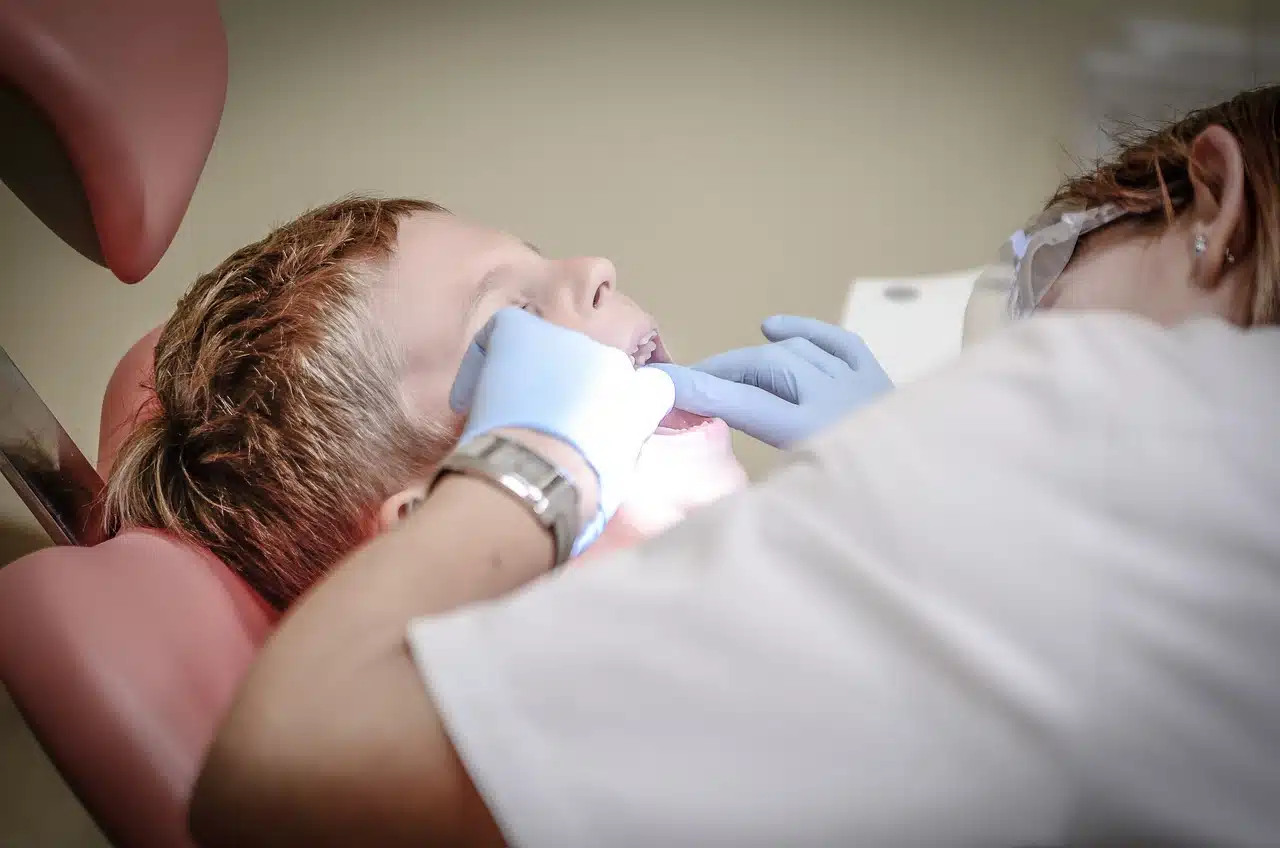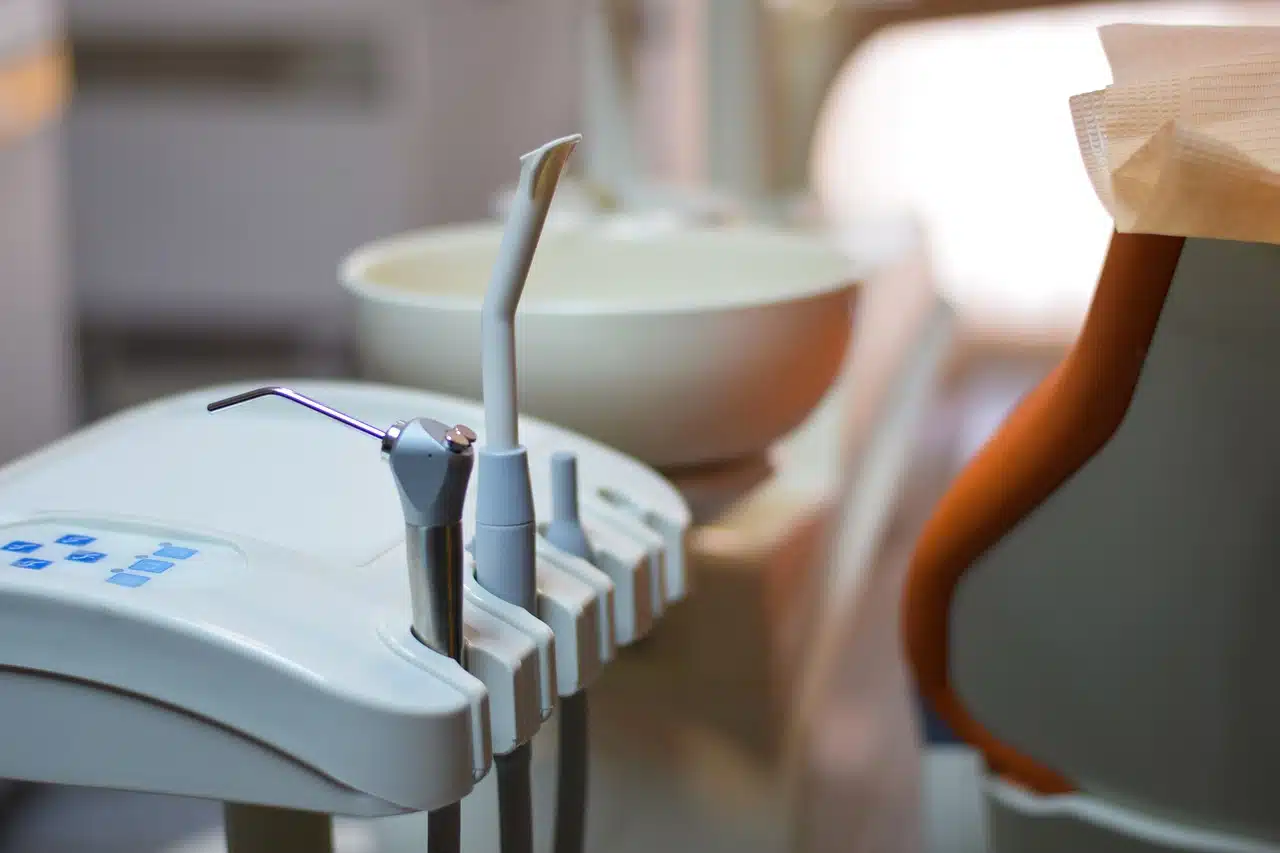
Dentistry is dedicated to the care of gums and teeth.
Dentistry is the medical specialty dedicated to the study of teeth and gums and the treatment of their ailments . This discipline is responsible for everything related to the stomatognathic apparatus , formed by the set of organs and tissues found in the oral cavity and part of the skull, face and neck.
The origin of dentistry dates back thousands of years. The first documented dental practice took place in Egypt more than 5,000 years ago. Closer in time, barbers were in charge of extracting teeth until dentistry became institutionalized.
There are two large dental groups: the anterior group , made up of the incisors and canines , and the posterior group , made up of the premolars and molars . Beyond the aesthetic aspect, each tooth has a function. The incisors allow cutting food, the canines help tearing and the premolars are responsible for crushing, for example.
Diseases treated by dentistry
Caries is one of the most common dental diseases . It appears due to the action of acids produced by bacteria and destroys enamel and dentin . The consumption of carbonated drinks affects the formation of cavities.
Other common diseases are gingivitis ( inflammation and bleeding of the gums due to a bacterial infection ) and periodontitis (when the tissue that joins the teeth to the bone is destroyed).
Dentists recommend that oral hygiene include the use of a toothbrush , mouthwash , and floss . It is your obligation to tell patients how to use all these products in detail. They are also strongly opposed to tobacco consumption and the abuse of substances that can damage enamel .

Dental experts have various instruments and devices to carry out their work.
The cultural question
One of the less obvious characteristics of dentistry is that it is not so common in all countries. While in some it is part of the medical care most consumed by the people, in others it seems to be a kind of "luxury", to which only those with more money have access. This also occurs with orthodontics , a branch that is responsible for the structural and aesthetic part of the teeth .
Therefore, it is enough to look at the teeth of a population to know how important dentistry is in its territory. However, there is an underlying problem that makes this cultural difference more evident: the little respect with which we treat our teeth and mouth. Although this changes generation after generation, and dentures are becoming less common, it seems as if human beings do not know how to take care of their own oral hygiene instinctively.
This leads us to wonder why we need a dental specialist to teach us how to brush our teeth, something that should be basic given the diseases that can arise if we do it wrong. One of the possible answers is the comfort in which we have fallen since the emergence of medicine , something that also occurs with the security forces: «if I get sick, I go to the doctor; If they assault me, to the police . But in the past, when the structure was much less complex, human beings were more self-sufficient.
Dentistry and public health
Among the aspects that dentistry in almost any part of the world does have in common is that it belongs to private medicine , and not to public medicine.
This means that we must pay to access the care of professionals in this specialty . This is the first wall that leaves out people with fewer economic resources, which forces them to have mouths in worse conditions simply because they do not have as much money as others, and not because of a lack of attention to their own health .
